Cooking with young children:
a blog about the occupation of cooking currently being researched at Guildford Nursery School.
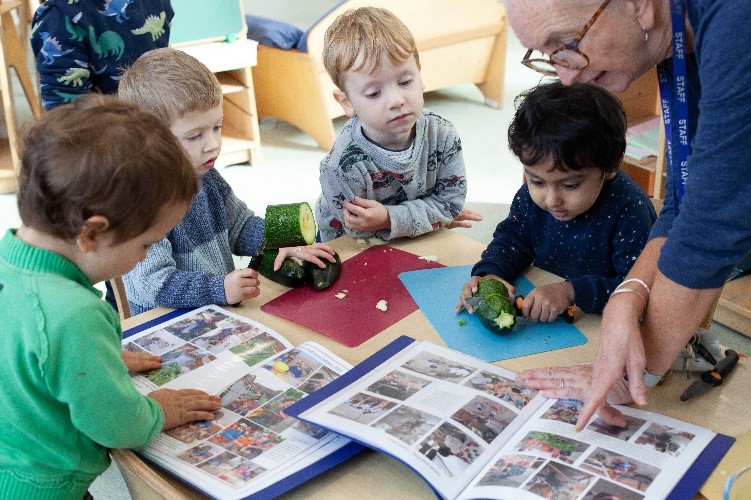
The staff at Guildford Nursery School (GNS) are continually considering ways to engage children physically, intellectually, creatively, socially and emotionally in meaningful, relevant learning experiences. Froebel’s occupation of cooking provides this and is something that, as a school community, GNS wished to further develop. The team recognised that this would be an ongoing learning opportunity for the adults as well as for the children.
‘“Start where the child is” is a Froebelian maxim, which means begin with the child’s own interests, experiences and understandings and build on these.’
Tovey 2020.
As the Inclusion Lead commented, “A number of the children within Willow Room (children with complex special educational needs) have had limited first-hand experiences of food/cooking due to their needs and their own sensory relationship with food types (eating/touching etc).” It was important that consideration was given to this and that the children were supported in the cooking experiences that they were offered. “Understanding and mapping a child's sensory journey has been essential to understanding the experiences that need to be provided, prior to offering typical cooking opportunities. It has helped to understand where they are currently, what opportunities need to be provided, including texture exposure, and whether these need to be provided for in a structured and directed manner or whether a child with these challenges would ever seek them out independently,” the Inclusion Lead explained. The Willow Room team selected recipes that had a ‘dough’ element for each recipe being made – adapting the dough base to expose the children to different textures, smells and taste.
The staff knew that, to ensure that the experience of cooking was a positive one that enabled children to feel a sense of fulfilment, they would need to reflect upon each step of the process that they were providing for the children; their initial research focus being to consider the process as a whole and then breaking it into parts.
The wellbeing of the children is always at the forefront of the practitioner’s minds and they reflect continually, adapting their offer to promote this. The Willow Room team quickly recognised that moving the children to another area of the nursery to cook, created challenges regarding for some children. The practitioner leading the cooking with the younger children, recognised that a 1 adult to 2 children ratio created an environment in which not only the child but the adult too could ‘wallow’ in the experience. The benefits of providing the same recipe for a number of weeks was considered supportive in order that the children could develop a deeper understanding of the experience and recognise the unity and connectedness of the cooking process. Some practical considerations were adopted to support the wellbeing for all; it was recognised that individual bowls for mixing and larger numbers of the same tool e.g. rolling pins, supported the development of the children’s personal and social skills as each child could participate in the whole process rather than taking turns to mix or chop.
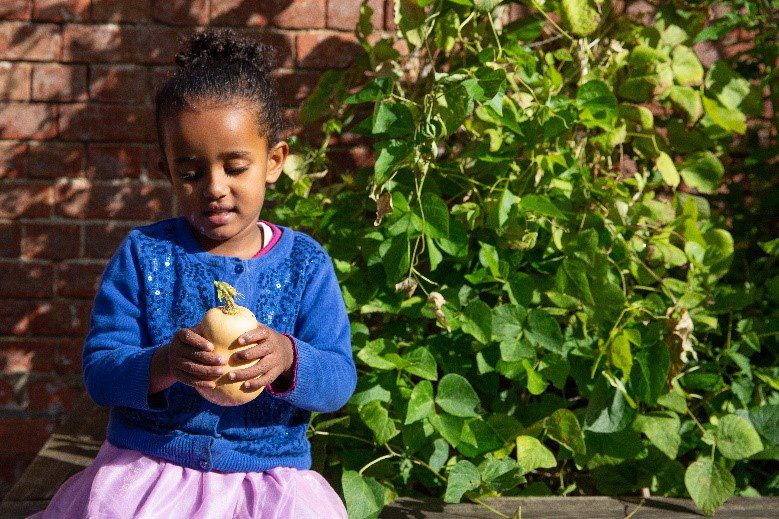
It goes without saying that the practitioner/s needed to be organised and ready for the cooking opportunity in terms of resources and ingredients. This led to discussions regarding the suitability of the tools being offered to the children. For example, typically, children’s knives require a sawing action which does not support ‘chopping’ food types. One practitioner reflected, “We tried grating cheese with a box grater which was very difficult for them to use - we have since discussed whether a winding cheese grater would be better and easier for the children.”
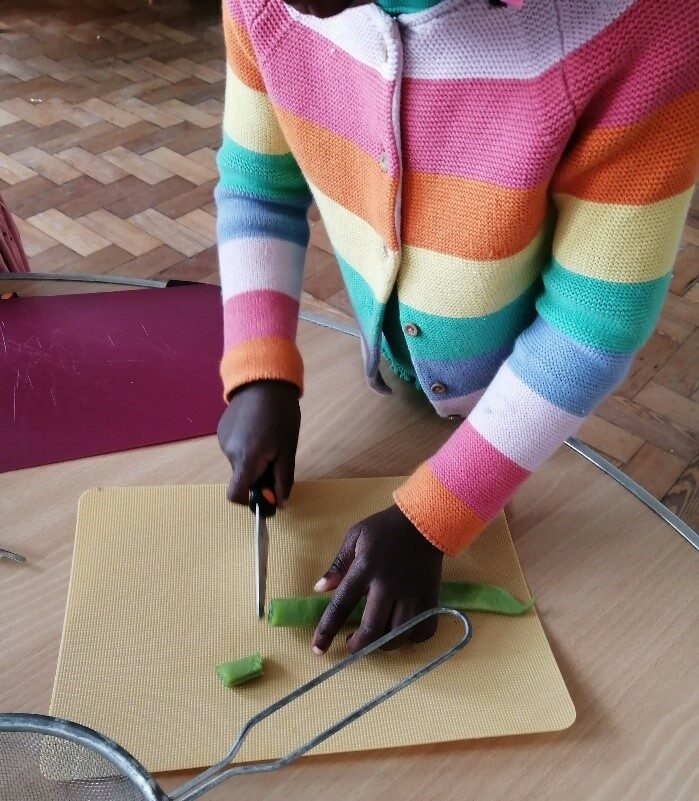
This blog is certainly not sharing final research but offers an insight into Guildford Nursery School’s journey of cooking with the children and how it is continually evolving and opening up further thoughts and discussions as each aspect is explored. At the time of this blog, the practitioners are considering the best method to share the recipes with the families, how to ensure that they include ingredients that the children have grown themselves into the cooking process, and are reflecting on the opportunities that they as practitioners provide for the children to rehearse and practise skills gained from the cooking experiences.
